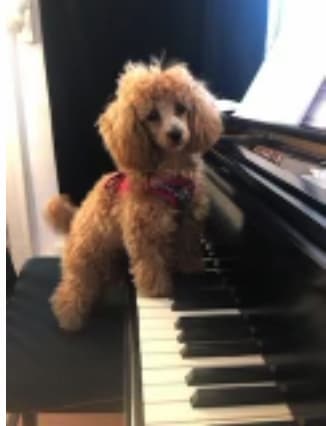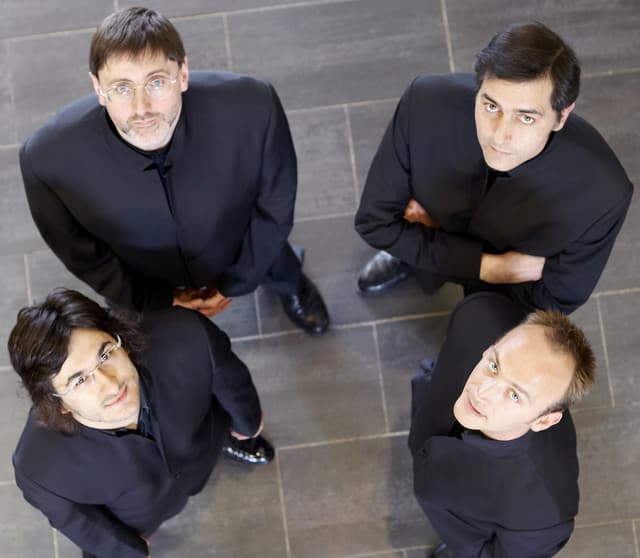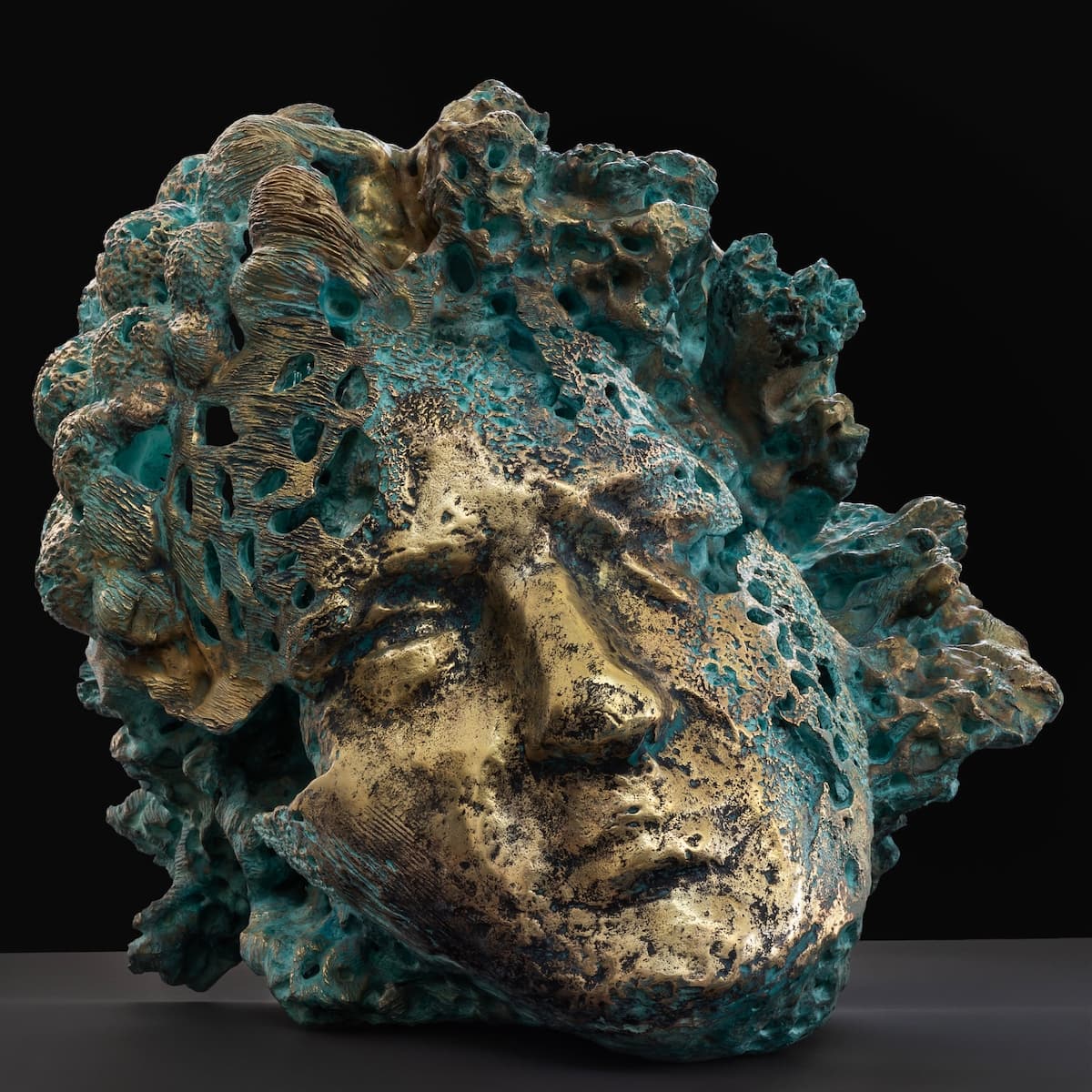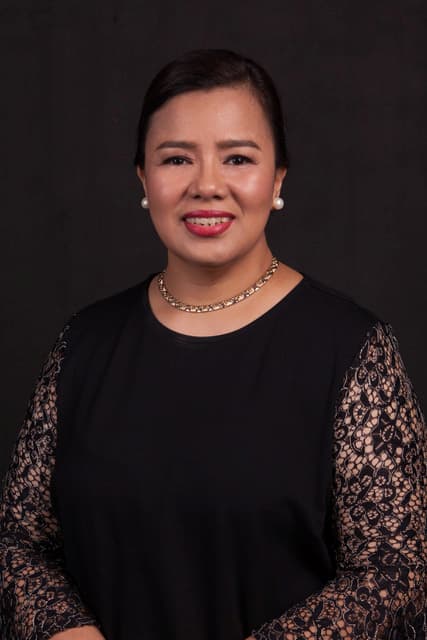“Music is ubiquitous – it crosses borders and cultures:”
Dr. Judith Lynn Stillman is a highly accomplished pianist who received her training at the prestigious Juilliard School. Her career has spanned beyond classical music performances, including playing in refugee camps. In addition to her pianist career, Dr. Stillman is a composer, choral conductor, music director, educator, filmmaker, and artistic visionary. In this interview, we will explore Dr. Stillman’s diverse talents and roles.

Dr. Judith Lynn Stillman
Hello, Dr. Judith Lynn Stillman! You are a pianist, composer, and music director. In addition to your musical talents, you are also a filmmaker and an artistic visionary. Can you share your childhood background with us?
I’d be delighted to share my childhood background and delve beyond my pianistic training into the evolution of the broader scope of my career roles you kindly referenced.
I discovered my passion for music when I was very young. I was blessed to have a nurturing home environment with music-loving parents. While I couldn’t identify it at the time, I believe that I was drawn to music because of its profound effect on emotions and feelings. After all, music can influence the human psyche in a matter of seconds.
I began playing piano by ear at age 3, gave my first public performances at 5, and entered Juilliard Pre-College while in elementary school. I was trained in piano performance from childhood through my Bachelor’s, Master’s, and Doctoral degrees at The Juilliard School. Having been on the international music scene since I was a teen, I was blessed to receive inspiration from the finest musical mentors – being in Leonard Bernstein’s orbit at Tanglewood, working with Rudolf Serkin at Marlboro, studying piano with the musical guru Leon Fleisher. I often consider the role these influences played – they were an integral part of my journey. I’m proud of this legacy. I’m in a sense a descendent of Beethoven :), as the lineage of pianists is as follows: Ludwig van Beethoven taught Carl Czerny, who taught Theodor Leschetizky, who taught Artur Schnabel, who taught Leon Fleisher, who taught… me 🙂! Indeed, a noble lineage, handed down from generation to generation, and it’s an extraordinary responsibility to carry on this magnificent tradition!
Triptyque: I. Scherzo by Henri Tomasi, performed by Wynton Marsalis (trumpet) and Judith Lynn Stillman (piano)
I’ve forged lifelong musical partnerships with icons such as Wynton Marsalis, whom I’ve known since our teenage years at Tanglewood, and from the days when he studied piano with me at Juilliard while I was working on my doctorate! I’ve appeared with Herbie Hancock on a Bose commercial, performed at The Grammy’s celebration in honor of Rostropovich, and collaborated in concert with diverse musicians from members of the New York Philharmonic to The Beach Boys. Upon receiving my doctorate from Juilliard, I began my position as Rhode Island College’s Artist-in-Residence, leaving the Big Apple for the Little Apple – Li’l Rhody! In my continued role as the Artist-in-Residence and a Professor of Music at Rhode Island College, I serve as an artistic ambassador and do everything in my power to enhance the cultural fabric of the College, the community, the State, and beyond, locally, nationally, and internationally.
Artists are compelled to use the arts to express – oftentimes, we serve as interpreters – but we can also use our gifts to create and to find innovative ways to reach out and engage audiences. In order to bring music to wider audiences and to best deliver messages on a broader scale, my career expanded and evolved to encompass not only my work as a pianist but also as a composer, choral conductor, music director, educator, filmmaker, and artistic visionary.
How do you balance your time between teaching, performing, composing, and filmmaking?
I find that one enhances the other and oftentimes, various facets of my career meld together. In the immense juggling act, it’s perhaps less about finding ways to enjoy individual “appetizers,” if you will, and more about relishing a “full combination plate” :)! When I feel a sense of inspiration leading me to a project, it turns out that composing, performing, and serving as artistic director and filmmaker blend organically. Often, collaborators energize me, and teaching serves as an inspiration and a motivation. And, so far, miraculously and fortunately, it seems that the more I take on, the more I seem to have the bandwidth to accomplish!
As a creative, your works advocate human rights, women’s rights, and other social issues surrounding us. Were there any particular events that inspired you to use your works as the voice for social problems?
Thank you for asking. It’s reminiscent of a reporter’s recent query: “Music is a vehicle for you to spread world peace and consciousness. Why is this a mission for you?”
When the Music Stopped – Film and Music by Judith Lynn Stillman
Huge questions – and daunting responsibilities!
I believe that the arts are key to innovation and inspiration and can strengthen our connection to humanity. Artists collectively, I think, should feel an intrinsic mandate to do our part to find ways to use our platform as a catalyst for positive change – also to preserve and perpetuate culture, to enrich and enlighten, to share and inspire. I’ve dedicated my life to the arts, and I do believe in its power to influence society on multiple levels – cultural, emotional, intellectual, and spiritual. In my creative projects, I’ve tried to raise awareness about issues that are close to my heart, including human rights, women’s rights, diversity and inclusion, genocide awareness and prevention, environmental issues, bullying, speaking truth to power, arts education – with new collaborations and world premieres of works that I’ve composed, written, directed, and performed – both live and as films. I’m also committed to designing and curating performing arts projects spotlighting significant composers, commemorating milestones in history, or underscoring current events by painting a picture of the times in which we live.
Musicians can impact our listeners through the sounds and messages we convey. In my quest to reach out to global audiences, I create multidisciplinary projects interlacing music, theatre, dance, art, and film because, by synthesizing various art forms, these kinds of collaborations enable us to engage viewers in different ways, depending upon what speaks to each individual.
In Ancient Greek philosophy, wasn’t it Plato who cautioned that “Any musical innovation is full of danger… and ought to be prohibited.” He recognized the power and control that music can have – and while his statement points to potential hazards, we can hope to be influential in positive ways to contribute to society, express the innermost thoughts of our civilization, or to use music’s charms to “soothe the savage beast.”
Phoenix from the Ashes – Film and music by Judith Lynn Stillman
Can you talk about your trip to refugee camps?
My trip to refugee camps exemplified that music is a universal language.
When the global refugee crisis reached epic proportions nearly 8 years ago, hundreds of thousands of people were fleeing across the Mediterranean Sea to escape war and persecution. Syrian and Afghan refugees paddled towards the Greek island of Lesbos. We saw shocking images of dinghies overcrowded by migrants and refugees, refugees drowning, and a child washed up ashore. Something inside me said GO! Help! I wasn’t sure how, and I didn’t have any connections to agencies or organizations.
Of course, basic survival needs had to be met first, but there was also the matter of sustenance for the soul. I felt compelled to do my small part by bringing my keyboard to refugee camps and playing folk tunes from their homelands – which I taught myself between seeing the news and boarding the plane — and singing and dancing with refugee children and families. Upon arrival, I pounded the pavement looking for any information – within a few days, I found a videographer, a translator, and a driver – and we joined forces on the mission to bring music to refugees. Although there were armed guards at the camps’ gates not willing to let anyone in, when I displayed my small piano keyboard and started to play and sing, they let me in! I was instantly surrounded by children and families, dancing, singing, rejoicing for a brief respite as they connected with the music of their homelands. They opened up to me and readily shared their heartbreaking stories.
Music is ubiquitous – it crosses borders and cultures.
Besides your busy career, what do you usually do when you are not “working”?
One of the greatest joys is spending time with my precious four-pound toy poodle named… Puccini, aka “Poochini”! I’ve trained her to be an AKC Trick Dog and a Canine Good Citizen. She is a mini-acrobat and enjoys agility training— and, as you can see in the photo below displaying her “perfect paw posture,” she too is a pianist 🙂!

Dr. Stillman’s toy poodle, Puccini, aka “Poochini”
Dr. Stillman has a few projects and performances coming up, including “Remembrance, Resilience and Renewal: Genocide Awareness Through the Arts” hosted at Rhode Island College’s Nazarian Center for the Performing Arts on April 28. Click to register.
Learn more about Dr. Judith Lynn Stillman and her works.
For more of the best in classical music, sign up for our E-Newsletter



